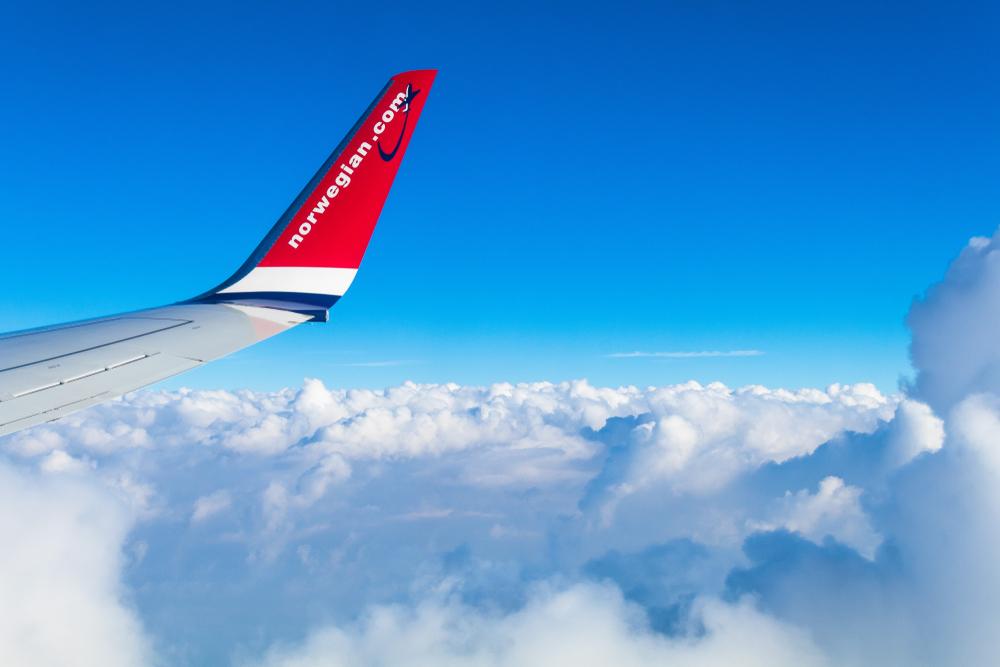Norwegian Air’s (OCTCMKTS:NWARF) traffic report revealed a smaller-than-expected increase in capacity expansion for the month of February.
Total number of passengers flown over the month was 2,517,335, an 8% increase from 2,330,006 last year. Additionally, total passenger traffic increased by 11%.
The budget airline’s capacity expansion – which is measured by available seat kilometres (ASK), hit 51% last June, and has been declining since then. The 15% figure in February is 19.2% less than analysts expected.
Its load factor, taken as a measurement of how many seats are sold per flight, dropped to 81.5%. This figure has come in higher than the 80.6% prediction, though it is a decrease compared to the 84.3% the year prior.
Over the month-long period, the airline operated 99.3% of its scheduled flights, with 83.5% departing on time.
Low-budget airline Ryanair (LON:RYA) recently posted a 13% on-year rise in its passengers for the month of February. Its passenger volumes over the period reached 9.6 million flyers, with a 96% load factor.
Wizz Air (LON:WIZZ), the largest low-cost airline in Central and Eastern Europe, also announced its passenger volumes statistics, flying roughly 2.4 million customers in February. The airline suffered last year as rising fuel and staff costs impacted its earnings.
Several airlines have been struggling recently, with Ryanair posting a loss for its third quarter.
External factors such as the Gatwick Drone Sighting have also hit airlines, with EasyJet (LON:EZJ) announcing that it cost the airline £15 million.
Uncertainty looms over the aviation industry as Brexit draws closer. The CEO of Heathrow has said that a no-deal Brexit could be beneficial for air transport if other modes of transport become blocked by additional congestion.
Flights are guaranteed to operate, but there is no doubting that the potential passport rules could complicate air travel if the UK departs without a deal.




